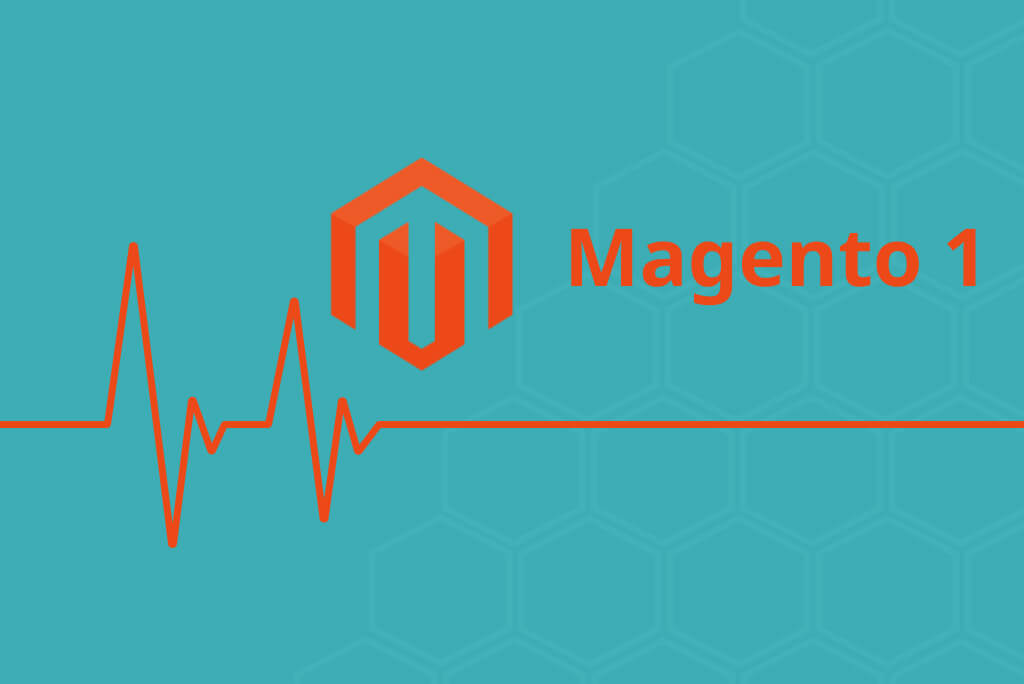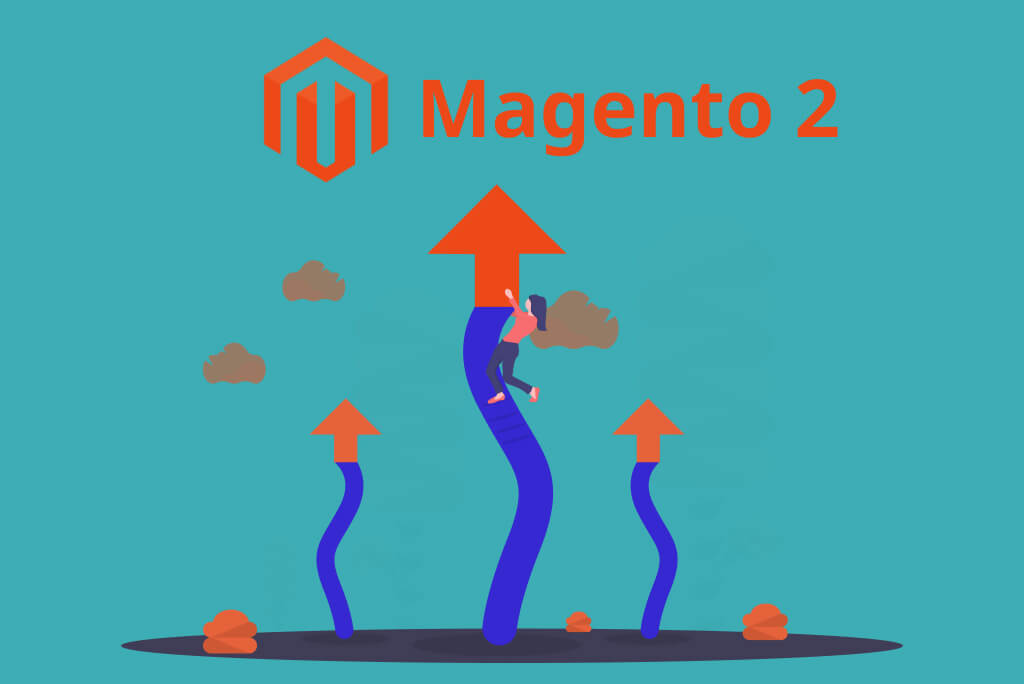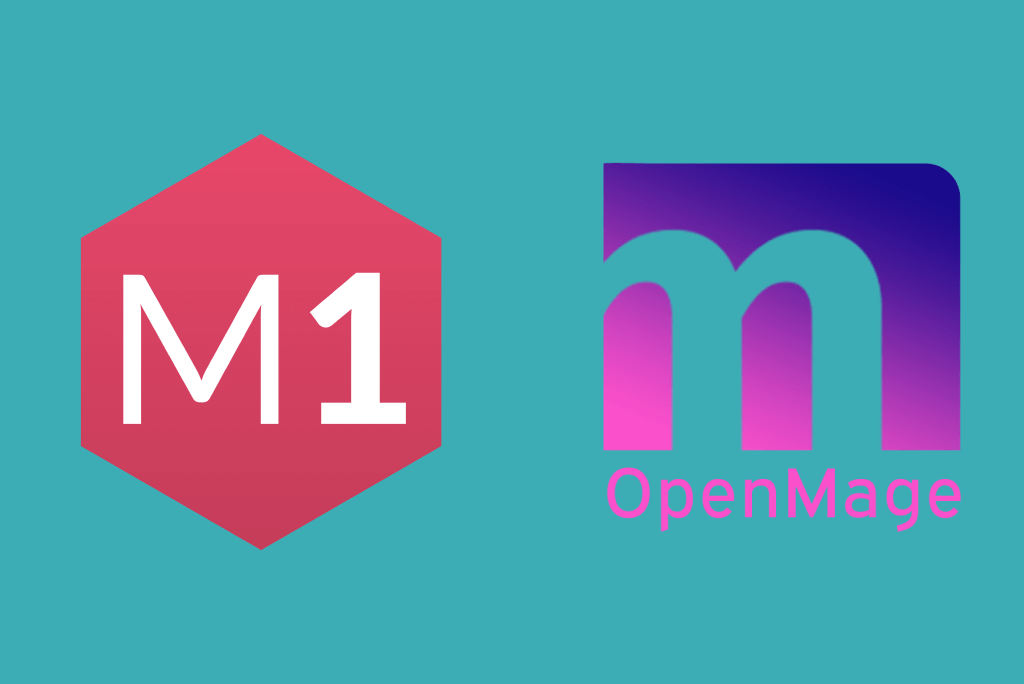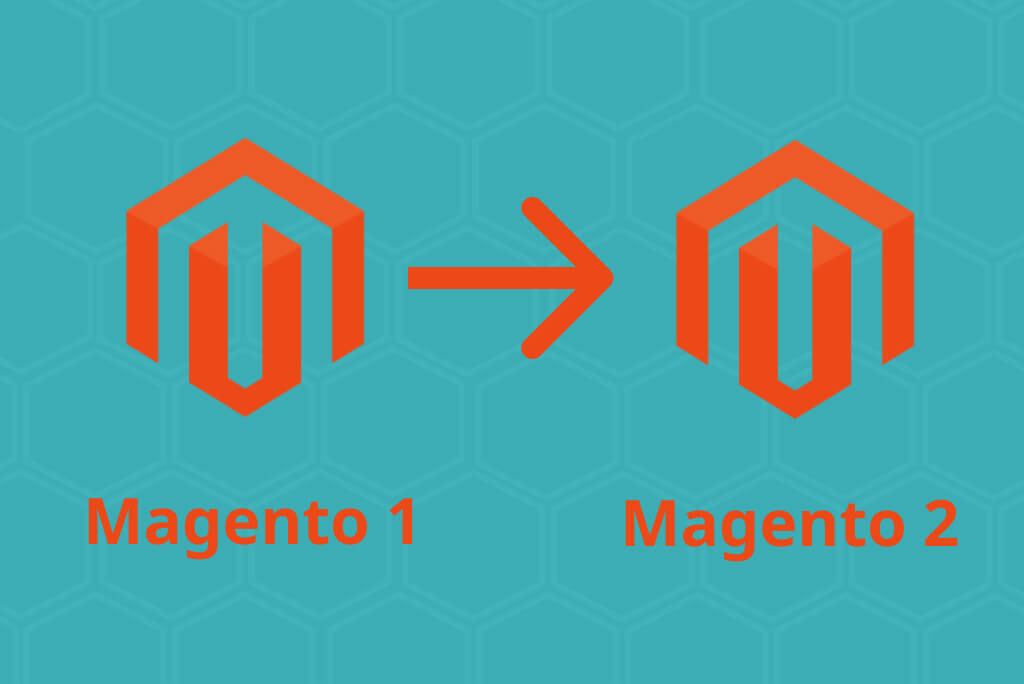Magento 1 End of Life doesn’t leave much time for M1 store owners. Businesses that haven't made the decision to migrate to Magento 2 need to decide now.
Magento 1 has already become obsolete and websites running on the platform won’t receive updates anymore.
You have two options: stay on the obsolete platform or upgrade to Magento 2 right away.
While many companies choose the upgrade, as they don’t want to take risks with the safety of their businesses and customers, others still hesitate to make the switch. The latter group of eCommerce businesses is looking for a way to stay on M1 beyond Magento 1 EOL. And there are companies offering such support to businesses, like Mage One and OpenMage.
This article overviews the following points and answers a very important question “Should you upgrade to Magento 2?” Read on to learn more about the below aspects:
- why companies need to migrate to Magento 2
- Mage One vs OpenMage overview
- benefits of migration to Magento 2 + where to start
- Magento migration step by step
Let’s dive right into the comparison and find out which course of action will suit your business needs.
Why Companies Need to Migrate to Magento 2
Why should I migrate to Magento 2?
This is the first question that our clients ask after they get in touch with the GoMage team.
The reasons for upgrading vary widely by a business. Numerous authoritative companies hads stated that merchants should have upgraded to Magento 2 even before EOL, including Visa and Adobe. They voiced concerns about the security threats that the now obsolete system poses for businesses.
If you still not sure what to do, take a look at the below list highlighting the main dangers of staying on M1 past its EOL.
- Lack of official Magento upgrades and security patches will make your store extremely vulnerable
- Data compromise will become a constant threat
- You won’t be able to pass PCI compliance checks
- Magento development companies won’t release M1 extensions
- Within the next few years, it will become extremely difficult to find companies specialized in Magento 1 development
Do you need to migrate your store to Magento 2?
GoMage started working with Magento 2 when the platform was still in beta testing. Our team has successfully migrated dozens of eCommerce websites. We guarantee a smooth Magento upgrade and successful transfer of all your business data.
Get in touch with us for Magento 2 migration consultation and a free quote.
Mage One vs OpenMage: Benefits and Dangers Overview
OpenMage and Mage One are two companies aiming to provide support to Magento 1 stores after M1 EOL. They offer help in sustaining a high level of security after Magento stopped releasing updates.
Let’s review the strengths and weaknesses of each company. You will better understand what services they provide, which challenges offer to overcome, and how they differ.
Mage One: Business Model, Services, Pros & Cons
Mage One is a relatively young company established in 2018 with 4 employees. The company provides support to merchants who want to continue using Magento 1 after June 2020. Mage One plans to concentrate its efforts on two services:
- provide some security updates
- release upgrades for newer PHP versions of M1 stores
The company works on a paid subscription basis, with the price varying based on the annual revenue and number of instances. If you have a big online store, you will need to pay up to $3500 per month. Even more, the company charges you upfront for the whole year. Therefore, if you decide to work with it, you will need to pay up to $41,000 at once to the company that you don’t know much about. In case you choose a monthly subscription plan, the price will be 10% higher.
Here is a quick overview of all advantages and disadvantages that come along if a merchant decides to work with the company:
- The company will operate with third parties via the Bug Bounty program that will help them catch, collect, and fix bugs. While this business model might seem sufficient, there is no guarantee that the community will be able to catch all security bugs.
- PCI compliance is under question. Although Mage One claims to sufficiently support it, there is no proof that companies relying on its services will be able to meet all the compliance requirements.
- No code review is possible before onboarding the solution, which leaves one wondering if the company has anything ready yet.
- Mage One will ensure the security of Magento 1. However, the level of security won’t be compatible with the one offered by Magento 2.
- With no reviews from developers and the community, there is no guarantee that the company will release high-quality updates and security fixes.
- Mage One plans to outsource some custom Magento development to partner companies, but are those really reputable?
All in all, the idea behind the company seems interesting. At this moment, it’s possible to tell that the company won’t be able to release so many patches as Magento released for its platform. The overall business model, pricing strategy, and company structure are really vague and raw. The lack of feedback from real store owners or developers puts this solution under a huge question.
OpenMage: Business Model, Services, Pros & Cons
OpenMage is the company behind the community-based open source project. In its instance, OpenMage is a Magento 1 fork, which started in 2009 with the import of Magento 1.1.1. The project is based on Magento Mirror, which is maintained by 3 developers and supported by the Magento community.
The project is quite active on GitHub with 146 direct forks, 273 stars, ~80 daily visitors, and 68 code contributors.
Here is a quick look at what OpenMage is offering:
- OpenMage is a project with support from the diverse Magento 1 community.
- Before you start using the project, you will need to switch to this community-backed platform, which is not monetized (yet). It implies slower turnaround time for updates and even the threat of being shut down at any time. If you don’t make a backup of everything, you won’t be able to return to your current M1 version.
- No commitments for security releases. In fact, for such updates, OpenMage refers merchants to Mage One. It means that you won’t get security releases. If you decide to go with OpenMage, you will need to add the price of using Mage One to the package. Othersiwe, you can say goodbye to PCI Compliance.
The main idea behind OpenMage is to support M1 as long as there are enthusiasts ready to release new features and quality updates. The main disadvantage is the lack of security fixes and updates. Merchants relying on OpenMage won’t pass PCI compliance checks. Otherwise, they will need to take care of security matters themselves, which might be quite expensive.
OpenMage vs MageOne: Which to Choose
The availability of companies like OpenMage and Mage one is not enough for online stores that want to ensure the high quality of their website and the security of all data. Having analyzed all the available data, it is possible to come to the conclusion that neither of the options will be able to meet all business needs and provide protection from the ever-growing security threats.
Mage One is an unreliable company with no previous history and customer reviews. There is no guarantee that it won’t disappear into the woods after taking your money. Merchants deciding to take their offer won’t have quality fixes and new features. As a result, their stores will become obsolete and won’t be able to compete with Magento 2 stores providing customers with superior user experience.
While OpenMage might seem like a more reliable option, the situation is not entirely clear with this project. First of all, it can shut down all of a sudden, leaving you without an option of migration to official Magento 2. Also, you won’t get security updates, which is a huge downside.
Also, any or all payment providers might suddenly (without additional warning because warnings have already been voiced multiple times) stop the support of payments coming from Magento 1 stores. When compared to Magento with over 580 employees, none of the companies can promise the same level of support, number of features, and security patches as Magento does.
Do you want to know how the process of Magento 2 Migration is built?
Check our article Magento 2 Migration: Business & Technical Sides to discover the main steps of migration, how to avoid costly mistakes, and ensure data integrity.
Magento 2 Migration Benefits
Migration to Magento 2 is a responsible decision for businesses that don’t take risks with their security and safety of customers’ data. If you still hesitate to make the choice that will benefit your company for many years, take a look at the main benefits of migration to Magento 2.
- Magento 2 provides higher security as the latest technologies underlie all its operations
- The possibility to build your updated website up to the current business needs, keeping in mind future growth.
- Improved design and customer experience.
- Ability to customize your store with new and unique features.
- Higher performance potential with the ability to support even the largest eCommerce websites.
- High possibility of customer retention and conversion rate.
- Readiness for future project improvement and competitiveness with up-to-date technologies. For example, Magento 2 makes it much easier to turn your website into a full-fledged progressive web application.
Do you need help in migration to Magento 2?
Get in touch with our team. We have years of experience in Magento development and dozens of successfully migrated websites in our portfolio. Our experts will advise you on the best choice of action, create a new Magento 2 website, and transfer all your product, customer, order, and other data from M1 to M2.










